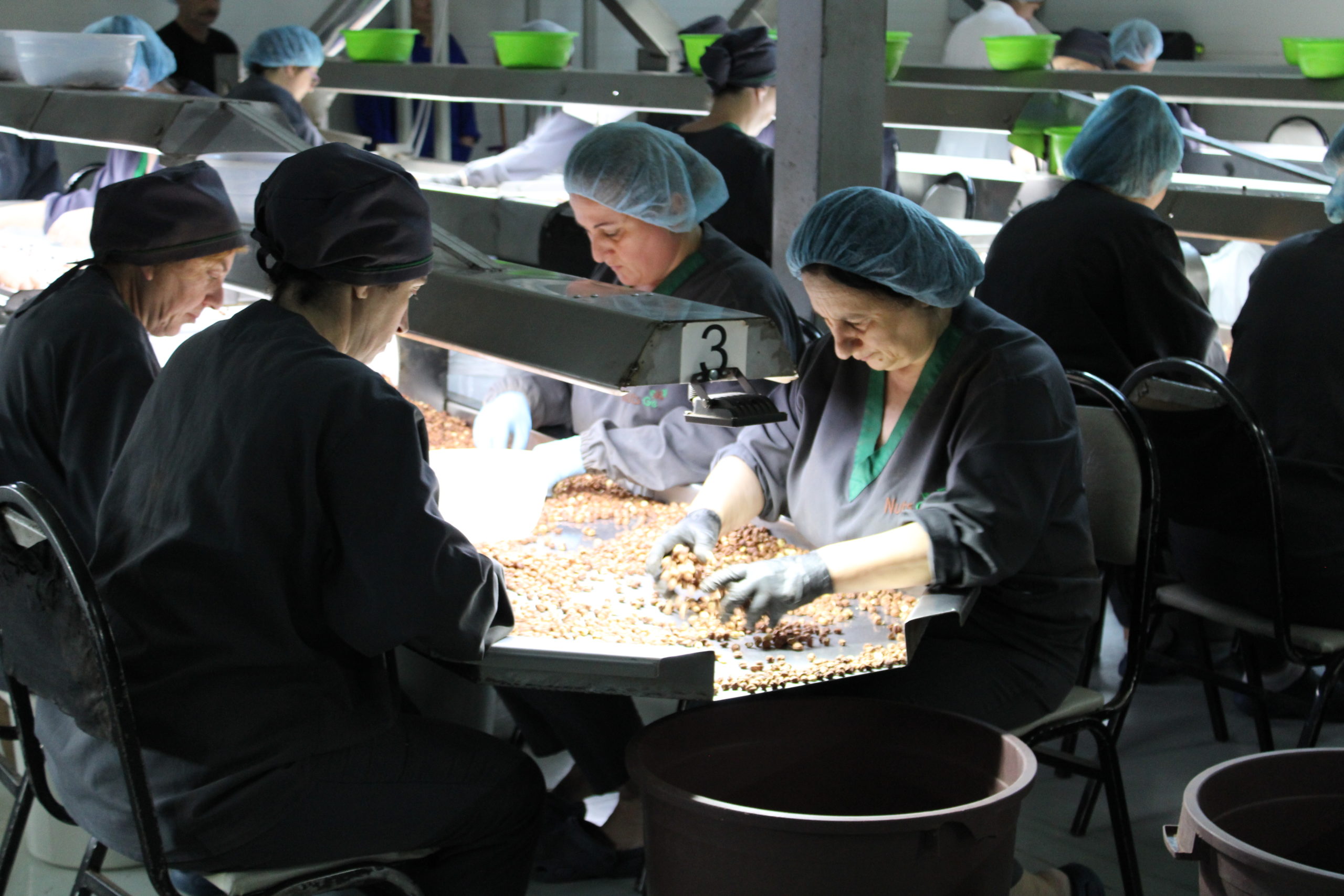Accelerating Investments When Access to Commercial Finance is Constrained
One example of how the USAID Resilient Communities Program adds value to Georgia’s market system is by sharing in the risk of investments. While there is a thriving banking sector in Georgia, and the cost of agricultural loans is reasonable due to a government-subsidized loan scheme, access to finance remains the most significant constraint to small and medium enterprise (SME) growth. According to the Organization for Economic Cooperation and Development, the average interest rate charged to SMEs in Georgia is high, and Georgian SMEs are dependent on the banking sector to meet financing needs. The overall share of SME lending remains low, and access to finance is still considered a key obstacle to SME development. Therefore, one of the priorities of Georgia’s 2021-2025 SME Development Strategy is to improve access to finance.
Factors such as a low diversity of financial products to meet the needs of businesses, a dominance of assets-based lending, and traditionally underserved rural clients lead to businesses postponing investments needed for business growth. Through the USAID Resilient Communities Program’s grants component, Georgian companies have been able to realize investments earlier and accelerate their growth.
NutsGe Ltd is one of the few hazelnut processing companies in Georgia that produces value-added products, including sorted shelled and in-shell hazelnuts, roasted and blanched hazelnuts, and hazelnut paste and powder. Their processing facility in Zugdidi sources raw materials from around 200 local suppliers from Zugdidi and Tsalenjikha municipalities. The Program co-invested with NutsGe Ltd to introduce a new packing line and increase its drying capacity. This investment will enable the company to assist more farmers and enter both local and international retail markets with its own brand and under private labels. When applying for the USAID Resilient Communities Program grant, NutsGe Ltd’s assets were fully collateralized against outstanding loans, making it impossible for the company to secure additional funding from commercial banks. However, as a result of the Program’s support, the company restructured $800,000 in existing loans and received a credit line of $1 million from the Bank of Georgia.
Another grantee, SP Luka Bekauri—a family-owned business consisting of siblings Luka and Sopo—renovated their historical family house in Gudamakari community, Dusheti municipality, in 2019 to transform it into a guesthouse. After opening their guesthouse in 2021, Luka and Sopo realized additional tourist activities, which were lacking in Dusheti municipality, would increase guests’ length of stay. The family considered offering an outdoor education camp, but, like other small-scale seasonal businesses in Georgia’s tourism sector, banks considered their business high-risk and would not provide a loan with an affordable interest rate and low collateral requirements. Additionally, SP Luka Bekauri had already taken out a consumer loan with a 17% interest rate from a commercial bank to renovate the guesthouse and could not afford another costly loan to expand their business. Fortunately, a USAID Resilient Communities Program grant enabled Luka and Sopo to obtain the equipment they needed for an outdoor education camp, which will increase the resilience of their business over the long term, allowing them to more easily secure business loans.



